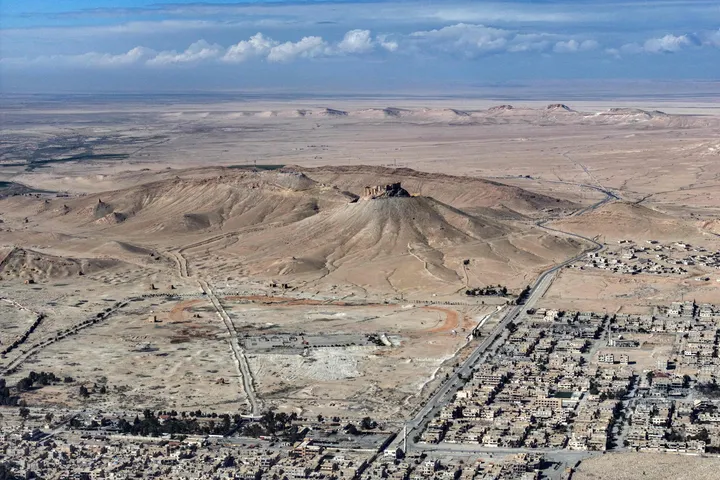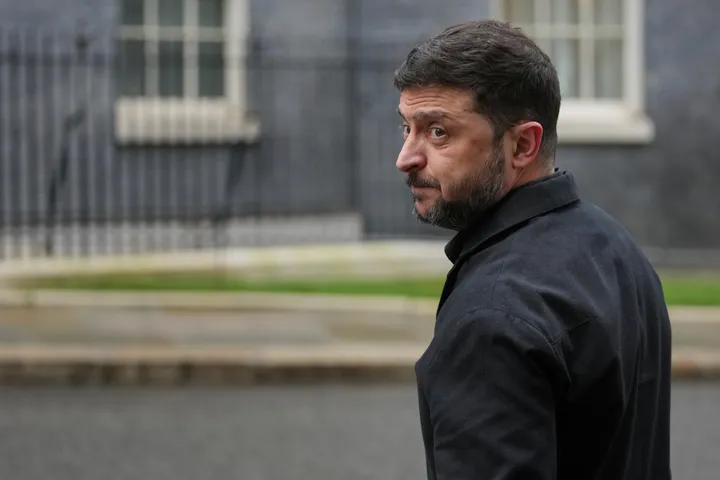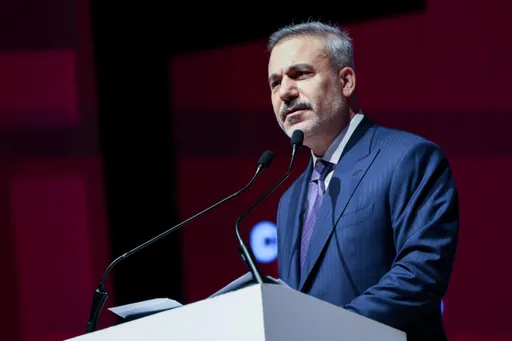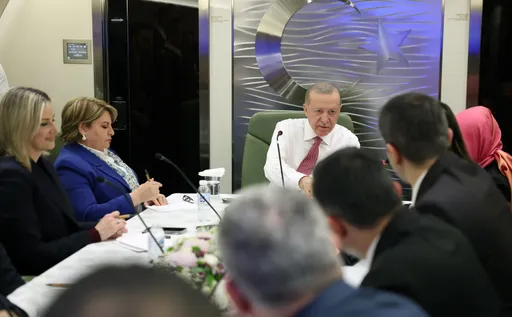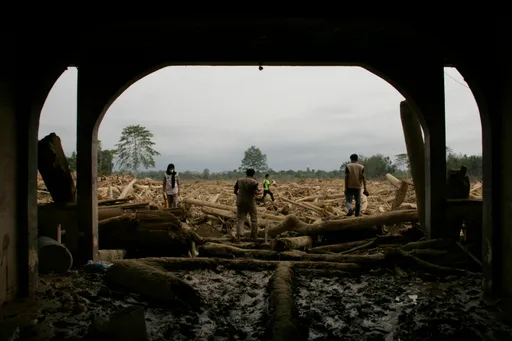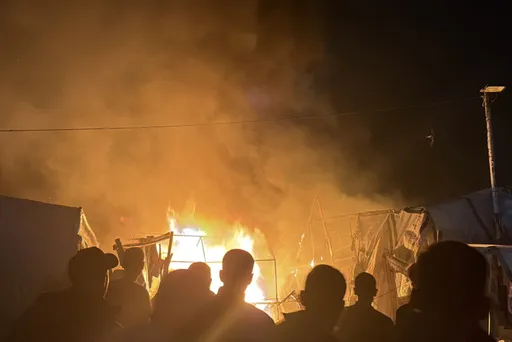President Donald Trump's proposal to break through the budget deadlock appeared to be gaining little traction Tuesday, as another missed paycheck loomed for hundreds of thousands of workers and the partial federal shutdown stretched into its fifth week.
Despite the fanfare of the president's announcement and the rush to release the legislative package late on Monday, voting in Congress was not expected to unfold until later in the week.
Even then it seemed doubtful that the 1,300-page "End The Shutdown And Secure The Border Act" released by Senate Republicans had any chance of passing swiftly.
"If we don't get border security, after many, many years of talk within the United States, I would have no problem doing a shutdown," Trump said during a news conference with visiting Italian Prime Minister Giuseppe Conte.
Asked if he required the full $25 billion the White House has requested to build a wall along the US border with Mexico, as well as his other immigration priorities, in order to avert a shutdown, Trump said he "would always leave room for negotiation."
TRT World's Kate Fisher reports from Washington.
Trump's tumultuous second year in office
Sunday marked Trump's second anniversary of becoming the 45th president of the US.
When he took the oath of office he announced an "America First" approach to US foreign policy.
And within a week of moving into the White House, the 45th president announced that he would ban the travel of nationals of six Muslim majority countries. Just the first of many controversial decisions to come.
Trump waited five months to make his first trip abroad.
Instead of going to neighbouring Canada or Mexico, like most previous presidents, he chose to travel to the heart of the Islamic world.
In Riyadh, Saudi Arabia, he addressed more than 50 regional leaders and moved away from his previous harsh rhetoric on Islam, calling instead for unity in the fight against extremism.
Trump also used his first international trip to deliver some scathing words for Saudi Arabia's arch-nemisis Iran, accusing it fuelling conflict and called for its international isolation.
That isolationism came unilaterally, and in the form of the US withdrawing from the Iran nuclear deal, undoing one of the signatures deals of the previous US administration.
TRT World's Alican Ayanlar takes a look back at US foreign policy in the age of Trump.
But the most anticipated meeting with a foreign leader came in July of 2017 when Trump met with Russian leader Vladimir Putin.
The meeting came amid the ongoing investigations into Russian interference in the 2016 US elections.
People came to me, [US director of intelligence] Dan Coats came to me, and some others they said they think it's Russia, I have President Putin, he just said it's not Russia. I will say this: 'I don't see any reason why it would be'."
Trump continued to shake up the status quo by recognising Jerusalem as Israel's capital.
"Unites States has finally and officially recognise Jerusalem as the true capital of Israel."
Further distancing some allies in the region, even more with Donald Trump's evasive stance on the murder of Jamal Khoshoggi.
Another highly anticipated meeting came when he met with Kim Jung-un in Singapore.
The first time a sitting US president had met with a North Korean leader. It aimed to shift the mood from confrontation to cooperation.
Many question whether there is actually a coherent Trump doctrine. But looking back at his first two years in office, the message at the heart of Candidate Donald Trump is still there - America First.
This was even more evident when the US president announced that Daesh was defeated and would withdraw US troops from Syria. An announcement that came much to the surprise of allies around the world.


